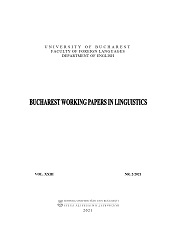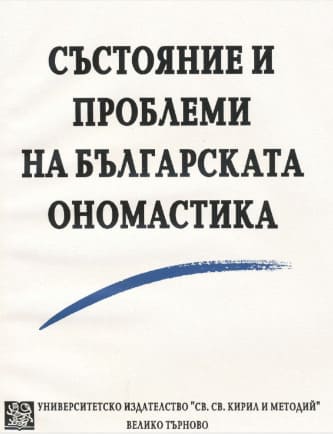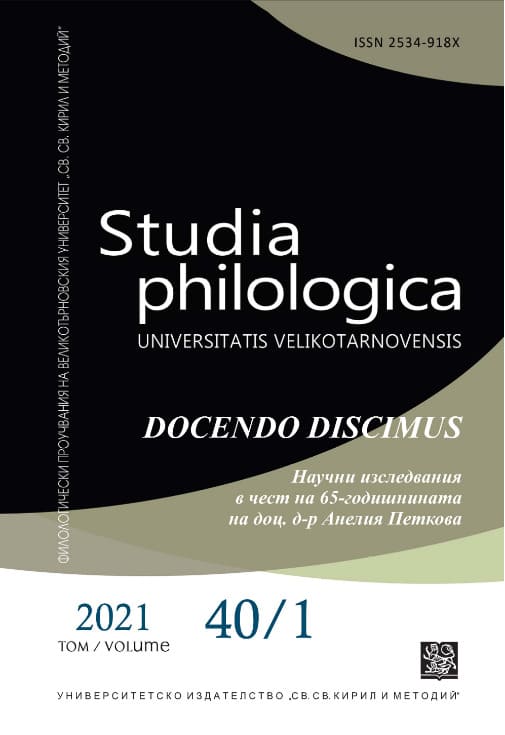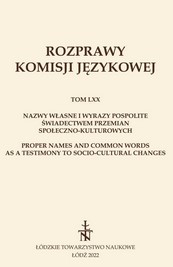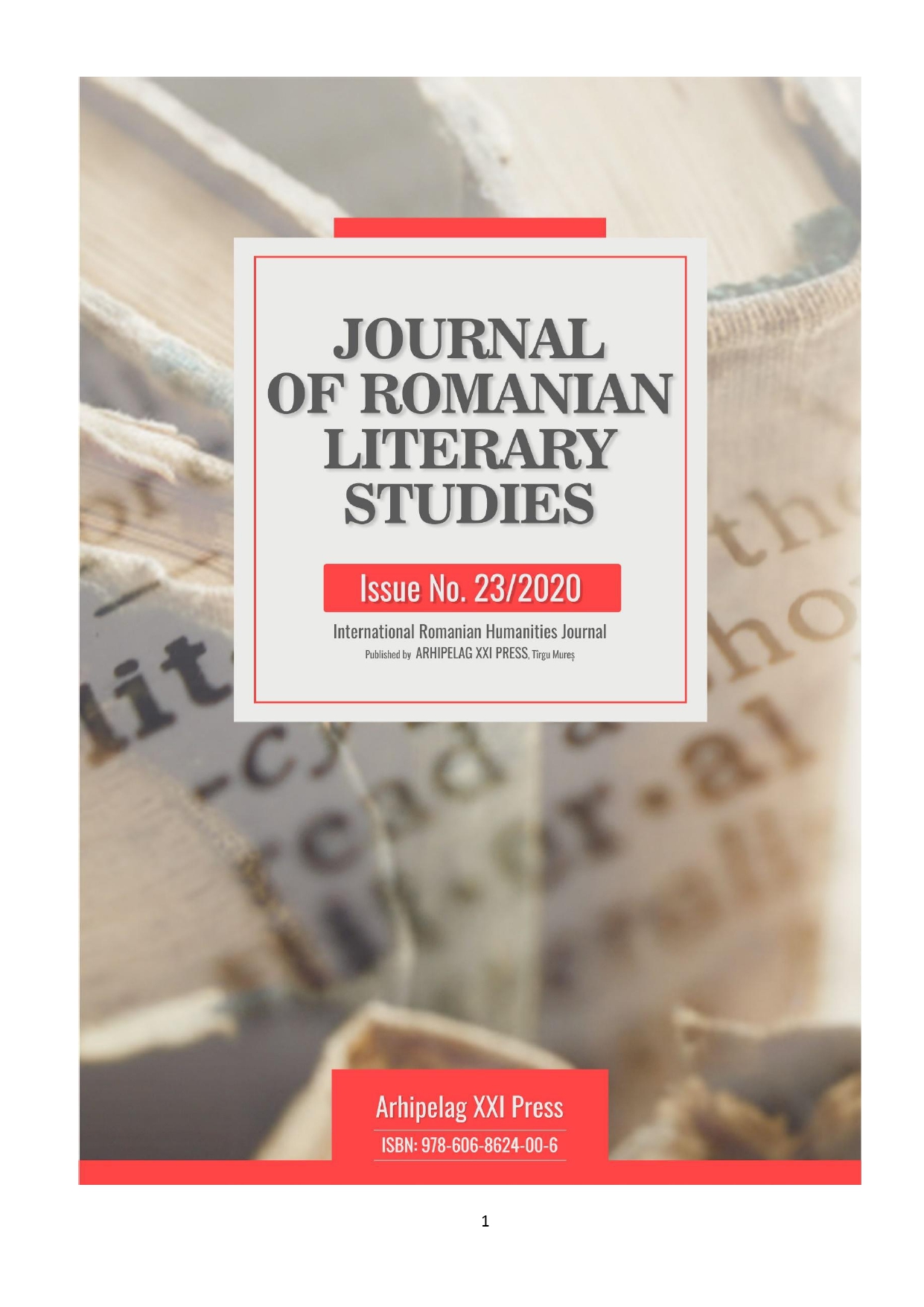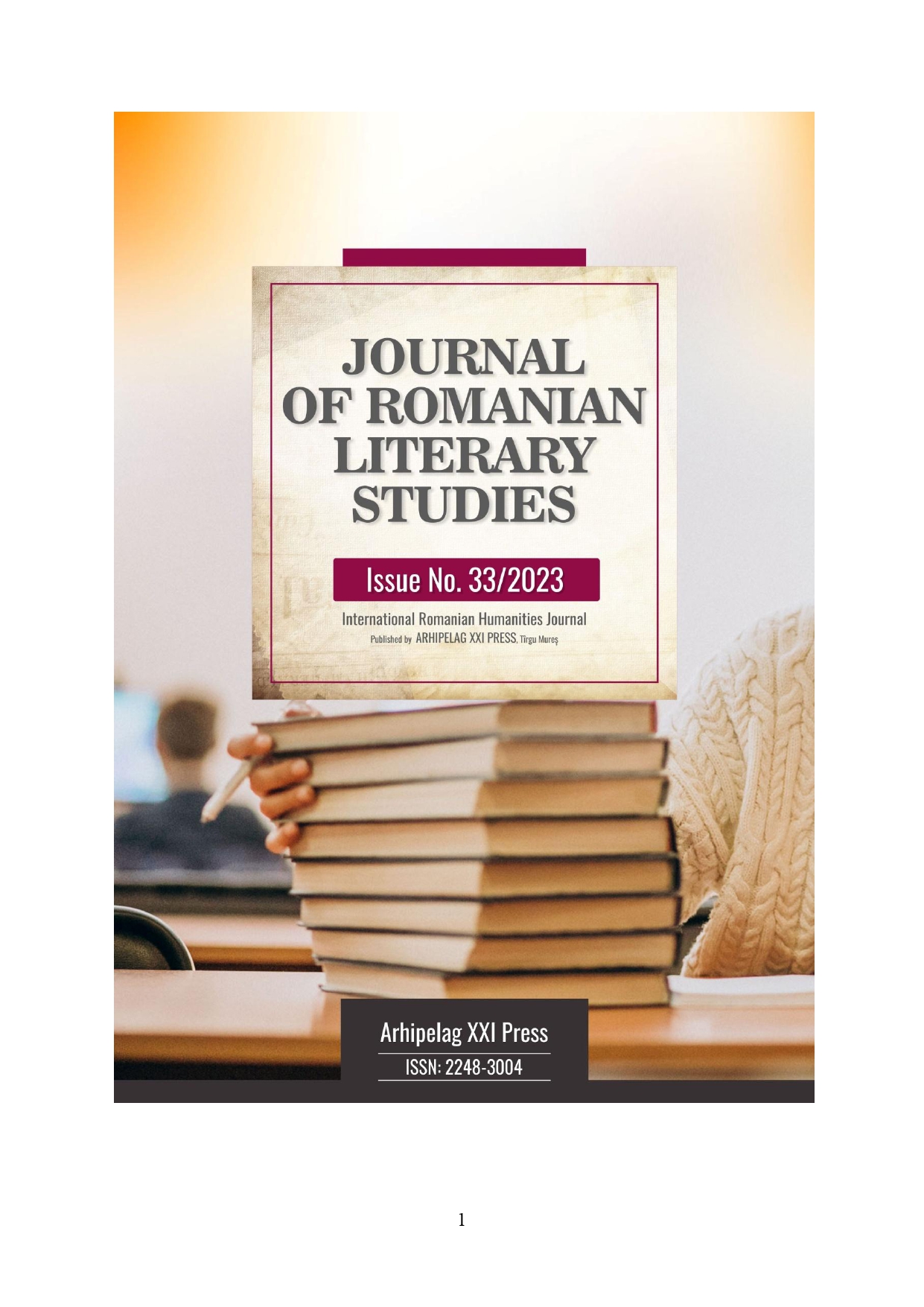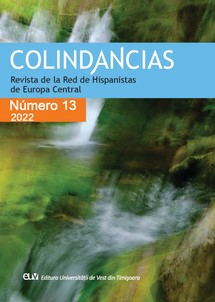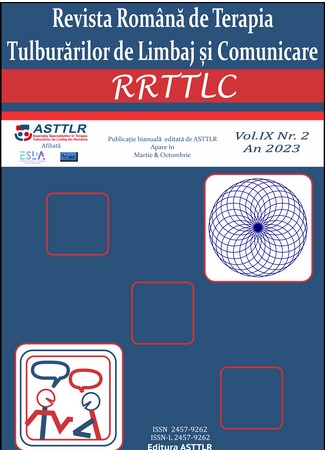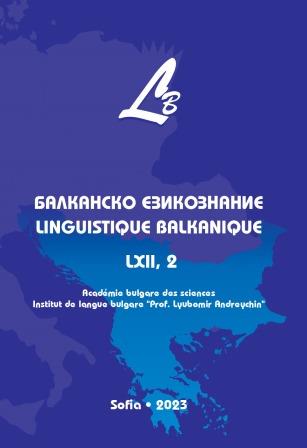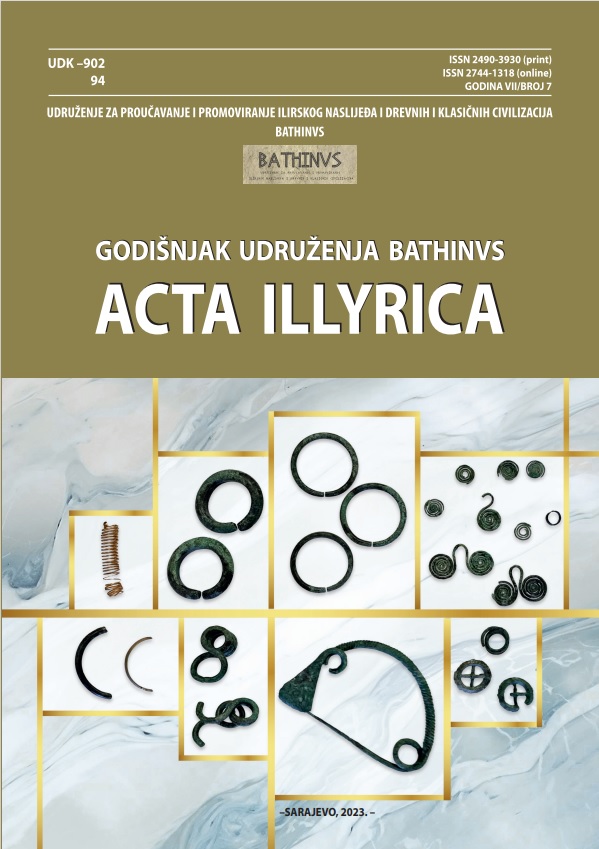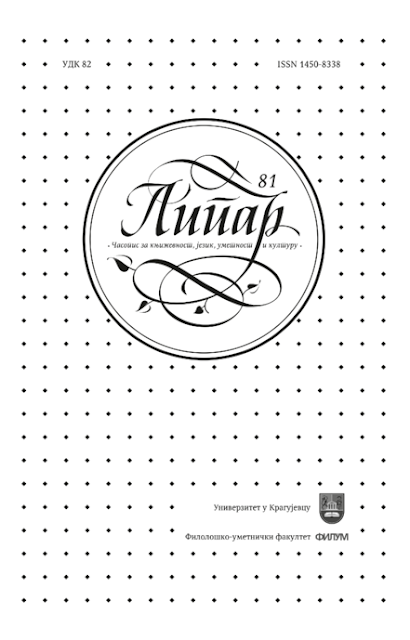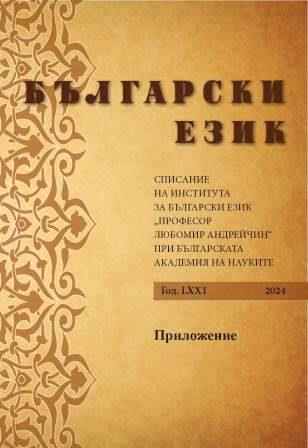Author(s): Danica M. Jerotijević Tišma / Language(s): English
Issue: 81/2023
The paper explores a subtype of the phonological process of lenition, more precisely, the phenomenon of spirantization in the Serbian-English interlanguage system. During the process of spirantization, plosive sounds transform into fricatives and the factors causing altered realiza- tions may stem from various sources, the most prominent being mother tongue interference. For example, due to the specific pronunciation of alveolar stops and fricatives in L1, Spanish learners of English as a foreign language tend to transfer the feature into their L2, causing thus all voiced plosives, regardless of the place of articulation, to transform into fricatives (Zampini 2008). However, the phonological system of Serbian is not characterized by the same processes, hence, the occasional spirantization in the interlanguage system, we argue, cannot be derived from mother tongue interference, yet may be the result of other factors, such as, qualitative hypercorrection. The analyzed corpus was obtained from the recordings of a spontaneous speech by 15 Serbian English-major students at the tertiary level of education. We investigated the instances of spirantization using the methods of acoustic analysis and spectrographic illustrations via Praat, version 6.2.04. The findings indicated that only alveolar plosives (both voiced and voiceless) were spirantized, most frequently in accented position. Regarding the phonetic environment, the word-initial pre-vocalic position, as well as the word-final post-vocalic and post-consonantal position, triggered the highest frequency of spirantization occurrence. Acoustic measurements confirm the initial assumptions regarding the specific nature of spirantized variants [dz], [ts], [ð] and [θ]. The results have important pedagogical implications and provide insights into the complexity of cross-linguistic influence.
More...

